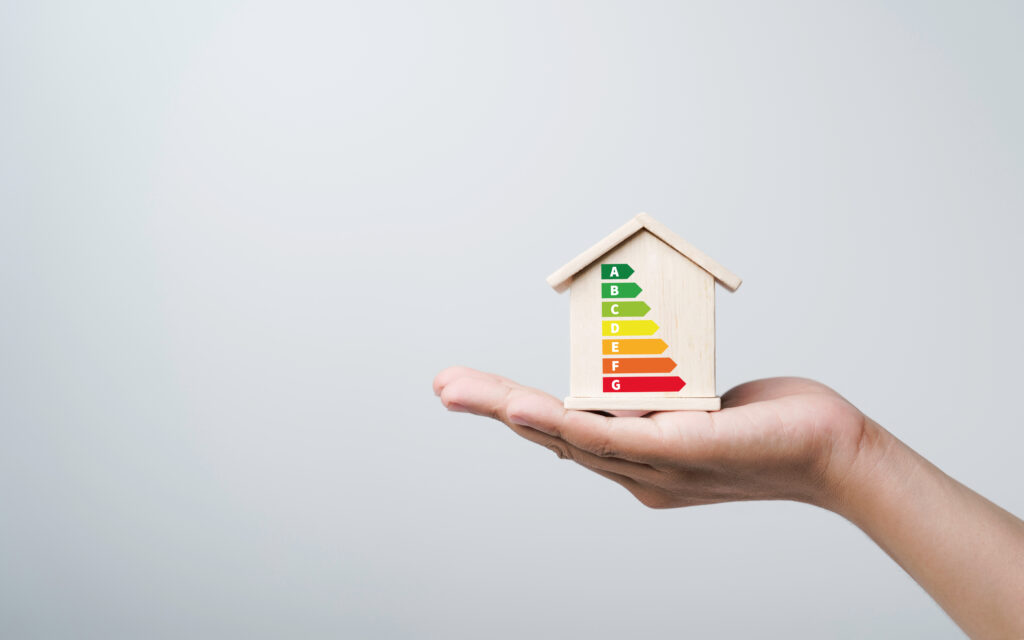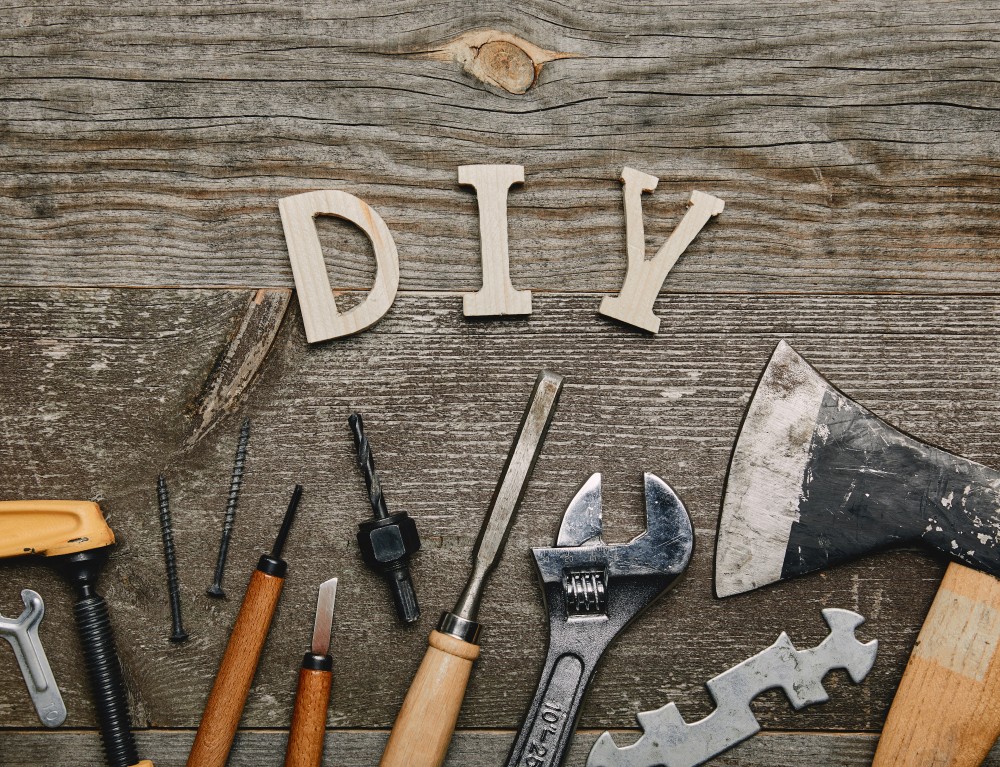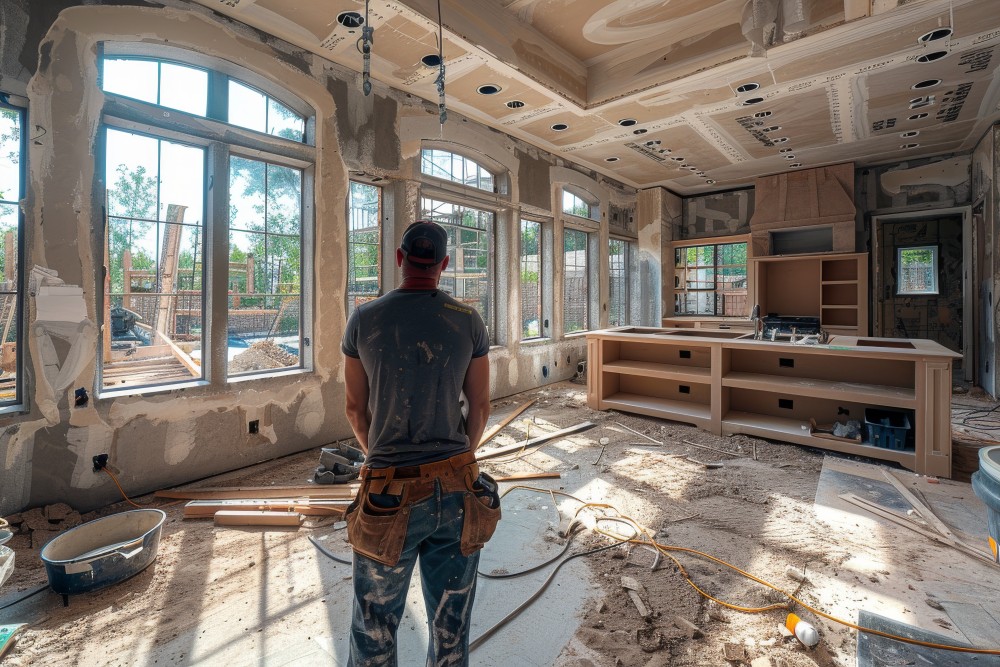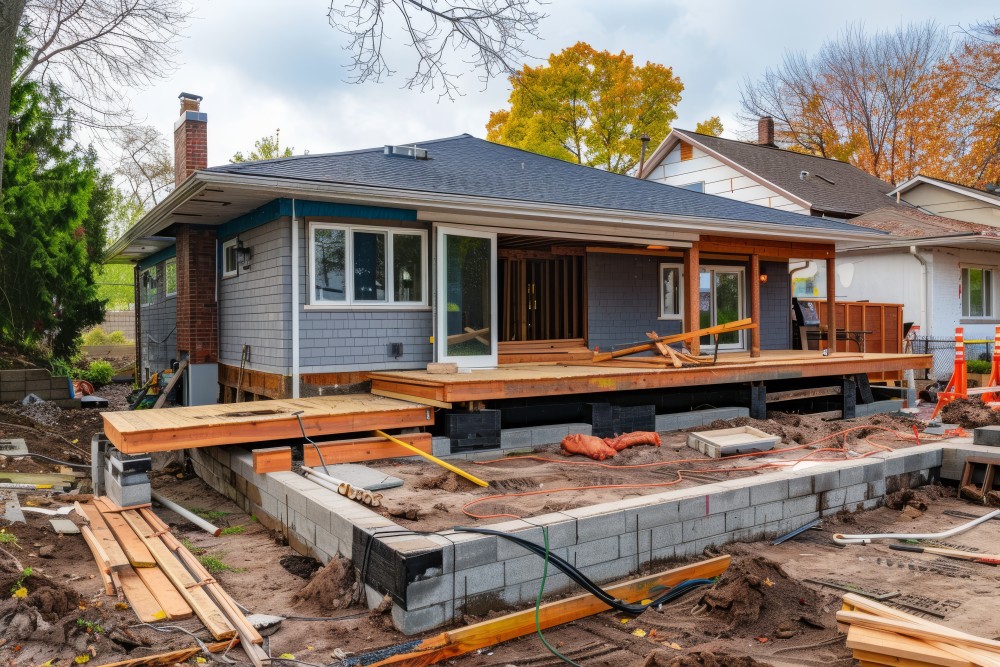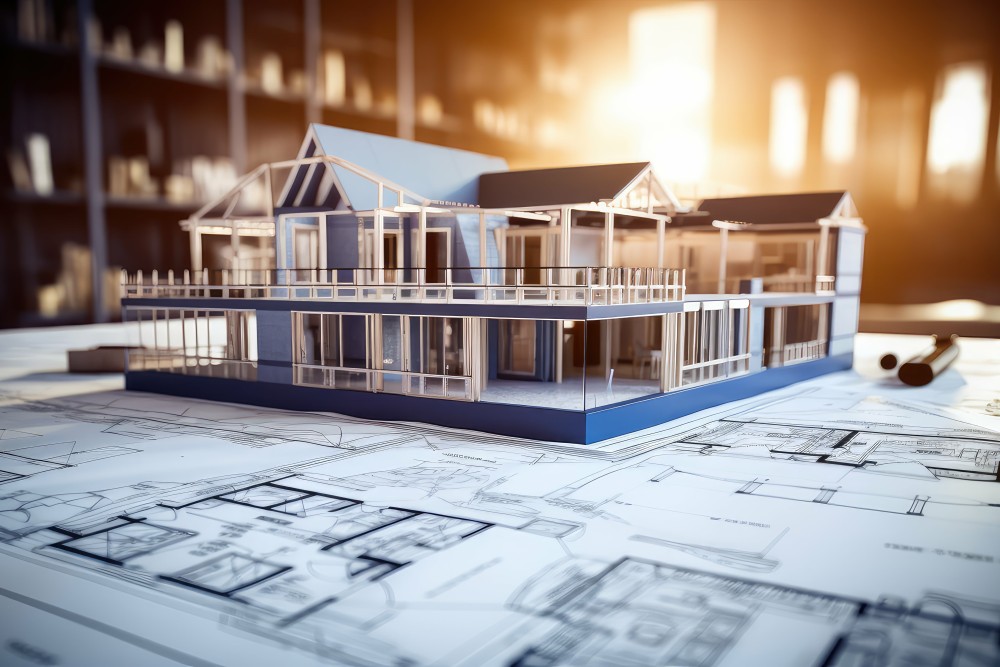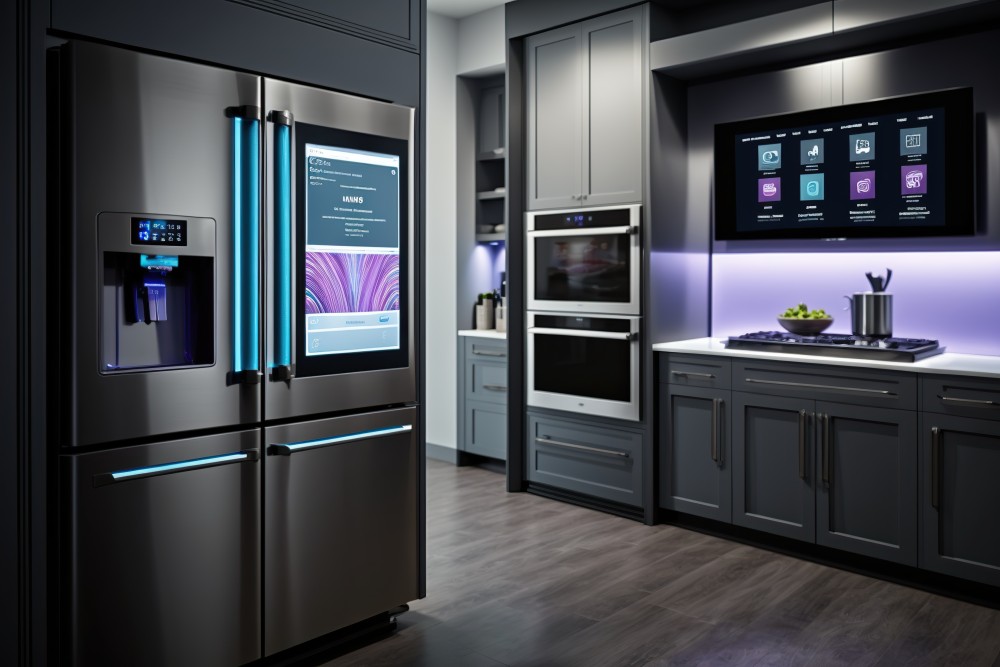1. Home Equity Loans
What Is a Home Equity Loan?
- Secured Loan: A home equity loan is a type of secured loan where your home serves as collateral. This allows you to borrow a lump sum based on the equity you’ve built up in your property.
- Fixed Interest Rate: These loans typically come with a fixed interest rate, meaning your monthly payments remain consistent over the loan term.
Pros and Cons
- Pros: Lower interest rates compared to unsecured loans, potential tax benefits (interest may be tax-deductible), and fixed monthly payments.
- Cons: Risk of foreclosure if you fail to make payments, closing costs and fees, and the need for substantial home equity.
Best For
- Large Projects: Home equity loans are ideal for large, one-time expenses such as major renovations or home additions.
2. Home Equity Lines of Credit (HELOC)
What Is a HELOC?
- Revolving Credit: A HELOC is a revolving line of credit that allows you to borrow against the equity in your home, similar to a credit card. You can borrow, repay, and borrow again up to a set credit limit during the draw period.
- Variable Interest Rate: HELOCs typically have variable interest rates, which means your monthly payments can fluctuate.
Pros and Cons
- Pros: Flexibility in borrowing and repayment, interest is only charged on the amount borrowed, and potential tax benefits.
- Cons: Variable interest rates can lead to unpredictable payments, risk of foreclosure, and potential fees.
Best For
- Ongoing Projects: HELOCs are suitable for ongoing or phased projects where you need access to funds over a period of time.
Join HICP Homeowner’s Alliance
Connect with experts, get special discounts and enjoy member benefits
3. Personal Loans
What Is a Personal Loan?
- Unsecured Loan: Personal loans are unsecured loans that do not require collateral. They can be used for various purposes, including home improvements.
- Fixed or Variable Rates: These loans may come with fixed or variable interest rates and are typically repaid over a set term.
Pros and Cons
- Pros: No risk of losing your home, quick approval process, and no equity required.
- Cons: Higher interest rates compared to secured loans, and potentially lower borrowing limits.
Best For
- Medium-Sized Projects: Personal loans are ideal for medium-sized projects or when you do not have sufficient home equity.
4. Credit Cards
What Is a Credit Card?
- Revolving Credit: Credit cards offer revolving credit that can be used for smaller home improvement expenses. Interest is only charged on the outstanding balance.
- Promotional Offers: Many credit cards offer promotional 0% APR periods for new purchases.
Pros and Cons
- Pros: Flexibility, convenience, and potential rewards or cash back on purchases.
- Cons: High-interest rates if the balance is not paid off during the promotional period, and potential for accumulating debt.
Best For
- Small Projects: Credit cards are suitable for small projects or purchases where you can pay off the balance quickly.
5. FHA 203(k) Rehabilitation Loans
What Is an FHA 203(k) Loan?
- Government-Backed Loan: FHA 203(k) loans are government-backed loans designed for homebuyers and homeowners to finance renovations and repairs.
- Single Loan: This loan combines the mortgage and the renovation costs into a single loan.
Pros and Cons
- Pros: Lower down payment requirements, single loan for purchase and renovation, and can be used for various types of improvements.
- Cons: Extensive paperwork, higher mortgage insurance premiums, and the need for FHA approval of contractors and plans.
Best For
- Homebuyers: FHA 203(k) loans are ideal for homebuyers looking to purchase and renovate a fixer-upper.
6. Cash-Out Refinancing
What Is Cash-Out Refinancing?
- Refinancing Option: Cash-out refinancing involves replacing your existing mortgage with a new, larger mortgage. The difference between the old and new mortgage amounts is given to you as cash.
- Fixed or Variable Rates: These loans can have fixed or variable interest rates.
Pros and Cons
- Pros: Potentially lower interest rates, large lump sum available, and interest may be tax-deductible.
- Cons: Closing costs, potential for higher monthly mortgage payments, and risk of foreclosure.
Best For
- Major Renovations: Cash-out refinancing is best for major renovations or debt consolidation.
7. Government Loans and Grants
What Are Government Loans and Grants?
- Government Programs: Various federal, state, and local government programs offer loans and grants for home improvements, particularly for energy efficiency, accessibility, and safety upgrades.
- Eligibility Requirements: These programs often have specific eligibility requirements, such as income limits or location-based criteria.
Pros and Cons
- Pros: Low or no interest, no repayment required for grants, and targeted assistance for specific needs.
- Cons: Limited availability, stringent eligibility criteria, and extensive application processes.
Best For
- Eligible Homeowners: Homeowners who meet the specific eligibility criteria and need assistance with targeted improvements.
Conclusion
Choosing the right financing option for your home improvement project depends on the size of the project, your financial situation, and your long-term goals. Whether you opt for a home equity loan, a personal loan, a credit card, or a government program, it’s essential to understand the terms and conditions of each financing option. By carefully considering your needs and researching your options, you can secure the best financing solution to make your home improvement project a success.




